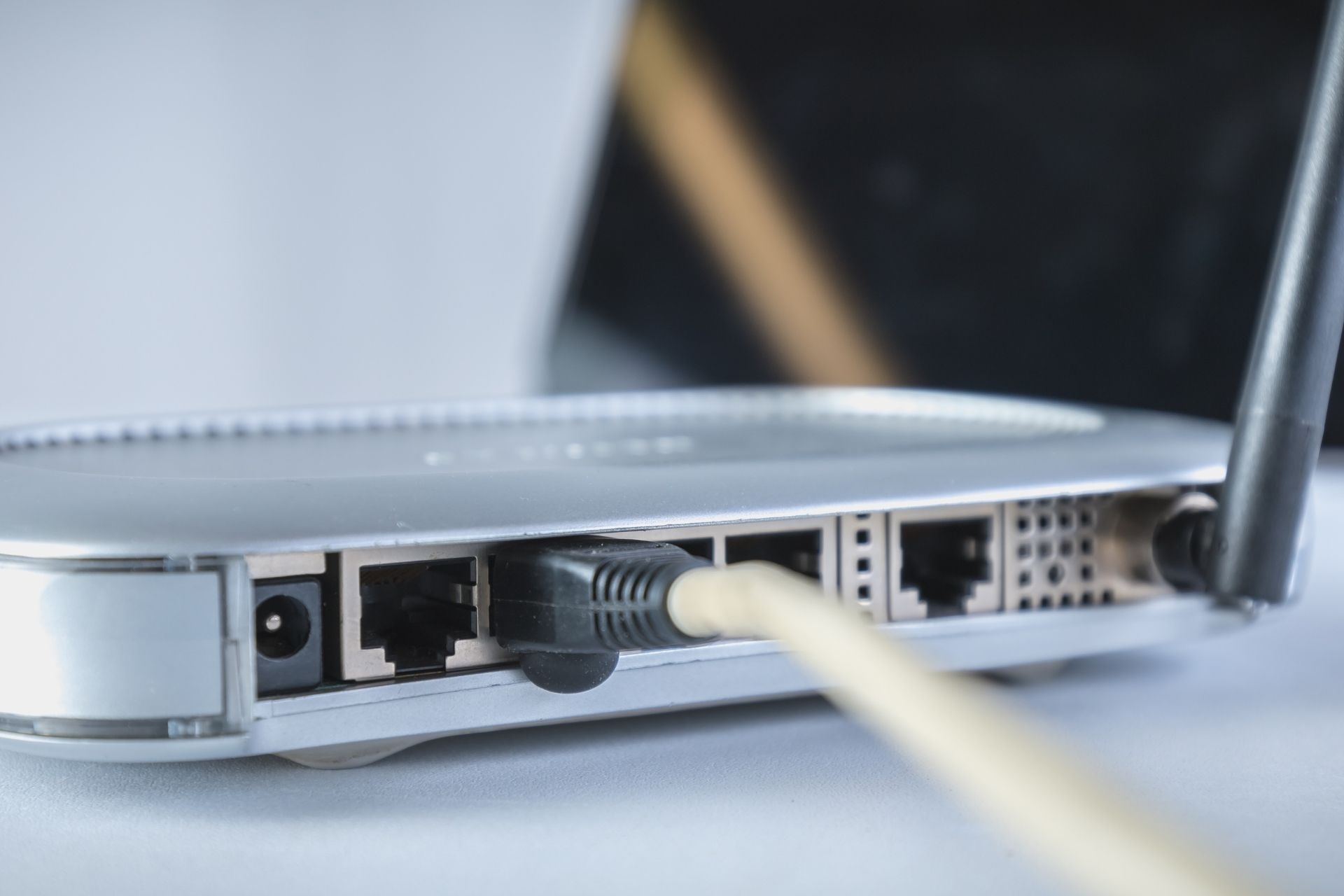Network Load Balancers
How does a Network Load Balancer distribute incoming traffic based on the least outstanding requests?
A Network Load Balancer distributes incoming traffic based on the least outstanding requests by continuously monitoring the traffic load on each server in the backend pool. It then directs new incoming requests to the server with the fewest outstanding requests, ensuring a balanced distribution of traffic and optimal performance across all servers.







